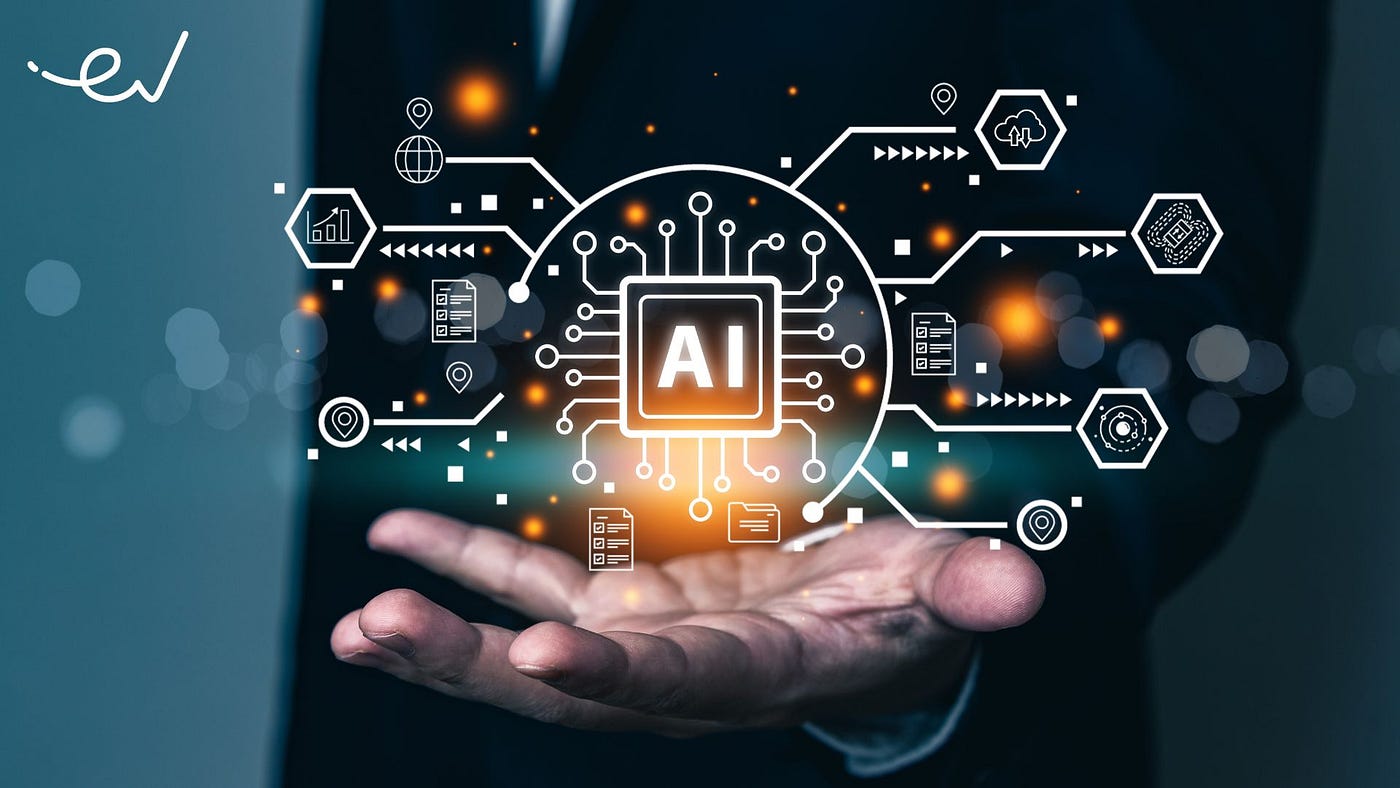In today’s digital age, computers play an indispensable role in virtually every aspect of our lives. From personal use to professional applications, the power of computing technology has revolutionized the way we work, communicate, and interact with the world around us. At AIO Technical, we’re dedicated to unraveling the complexities of computer technology and providing insights into the latest advancements in the field. In this comprehensive guide, we’ll delve into the fascinating realm of computers, exploring their history, components, applications, and future prospects.
Understanding Computers: A Brief Overview
At its core, a computer is a programmable machine that processes data to perform various tasks. It consists of hardware components, such as the central processing unit (CPU), memory, storage devices, input/output devices, and software programs that govern its operation. Computers come in various forms, including desktops, laptops, tablets, smartphones, and embedded systems, each tailored to specific needs and applications.
The Evolution of Computer Technology
The history of computers traces back to ancient civilizations, where rudimentary devices were used for calculations and record-keeping. However, the modern era of computing began in the mid-20th century with the development of electronic computers, such as the ENIAC and UNIVAC, which laid the foundation for digital computing. Over the decades, computers have undergone rapid evolution, transitioning from large, room-sized machines to compact, powerful devices that fit in the palm of your hand.
Key Components of a Computer
- Central Processing Unit (CPU): Often referred to as the “brain” of the computer, the CPU executes instructions and performs calculations, making it the most critical component of the system.
- Memory (RAM): Random Access Memory (RAM) stores data and instructions that the CPU needs to access quickly. It temporarily holds information while the computer is running and is essential for multitasking and efficient operation.
- Storage Devices: Hard disk drives (HDDs), solid-state drives (SSDs), and optical drives are used to store data and programs permanently. They provide long-term storage for files, documents, applications, and operating systems.
- Input/Output Devices: Keyboards, mice, monitors, printers, and speakers are examples of input/output devices that allow users to interact with the computer and receive feedback from its operations.
- Motherboard: The motherboard serves as the backbone of the computer, connecting all the components together and providing communication pathways between them.
Applications of Computer Technology
- Personal Computing: Computers are widely used for personal tasks such as web browsing, email, social media, multimedia consumption, and gaming. Desktops, laptops, and tablets offer versatile platforms for individuals to stay connected and productive.
- Business and Productivity: In the business world, computers are indispensable tools for tasks such as word processing, spreadsheet analysis, database management, and communication. They streamline workflow, enhance collaboration, and improve efficiency in various industries.
- Education and Research: Computers play a vital role in education, providing access to vast resources, online courses, interactive learning platforms, and educational software. They also facilitate research and innovation in fields such as science, engineering, medicine, and social sciences.
- Entertainment and Media: From streaming movies and music to creating digital art and animations, computers are central to the entertainment industry. Video games, virtual reality (VR), augmented reality (AR), and digital content creation tools offer immersive and engaging experiences for users.
- Science and Engineering: Computers are indispensable tools for scientific research, simulations, data analysis, and modeling. They enable breakthroughs in areas such as astronomy, physics, biology, chemistry, and environmental science.
Future Trends and Innovations
Looking ahead, the future of computer technology holds exciting possibilities and innovations. Emerging trends such as artificial intelligence (AI), machine learning, quantum computing, Internet of Things (IoT), and blockchain technology promise to reshape the landscape of computing in profound ways. These advancements have the potential to revolutionize industries, drive economic growth, and address global challenges.
Conclusion: Navigating the World of Computers with AIO Technical
At AIO Technical, we’re passionate about empowering individuals and businesses with the knowledge and tools they need to harness the power of computer technology. Whether you’re a novice user or a seasoned professional, our goal is to provide valuable insights, practical guidance, and expert advice to help you navigate the ever-changing world of computers. Join us on this journey of exploration and discovery as we delve into the fascinating realm of computing and unlock its limitless potential.
